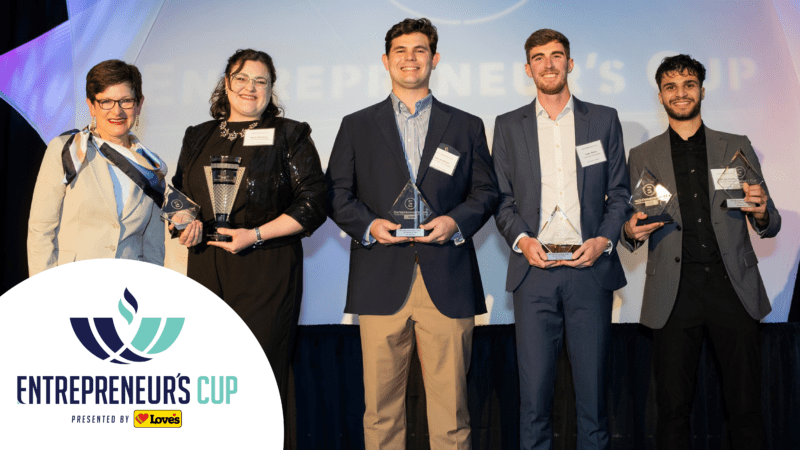By Greg Elwell
Copyright © 2013, The Oklahoma Publishing Company
An anti-brain tumor drug developed at the Oklahoma Medical Research Foundation could prove more effective than current therapies because it attacks cancer cells at multiple key points.
A compound developed by OMRF scientist Dr. Rheal Towner has shown success in fighting extremely aggressive brain tumors in rats and in human cells. PHOTO PROVIDED.
A paper by OMRF scientists Rheal Towner, Ph.D., and Robert Floyd, Ph.D., published in the journal “Neuro-Oncology” showed OKN007 was successful when pitted against extremely aggressive glioma tumors in rats and in human cells.
“One of the main dangers of gliomas is their ability to keep growing. Not only are they getting bigger, but they’re marshaling resources by growing blood vessels, invading cells and turning off the process that tells cells when to die,” Towner said. “We’ve found that OKN007 targets all of these factors.”
Most anti-cancer drugs are aimed at one specific gene, he said. But cancers are resourceful and can devise multiple ways to survive, which is why a multi-target drug might be more successful.
In the parlance of old Westerns, it cuts tumors off at the pass by stunting several growth mechanisms, Towner said.
Their tests showed the compound was able to:
Trigger apoptosis, also known as programmed cell death, which is often turned off in cancer cells.
• Stop angiogenesis, which is the growth of new blood vessels that would feed the cancer.
• Block cell invasion, keeping other cells safe from being taken over by the disease.
Each avenue to growth that is shut down makes it harder for cancer cells to compensate, lowering the risk that the cancer will survive the treatment.
“We think OKN007 could be used on its own or in conjunction with single-target drugs,” he said.
Randy L. Jensen, M.D., Ph.D., of the Huntsman Cancer Institute at the University of Utah contributed to the research.
The research was supported by grant No. AR092-049 from the Oklahoma Center for the Advancement of Science and Technology and Huntsman Cancer Center support grant P30CA042014 from the National Cancer Institute, part of the National Institutes of Health.
Greg Elwell is a public affairs specialist at Oklahoma Medical Research Foundation.








